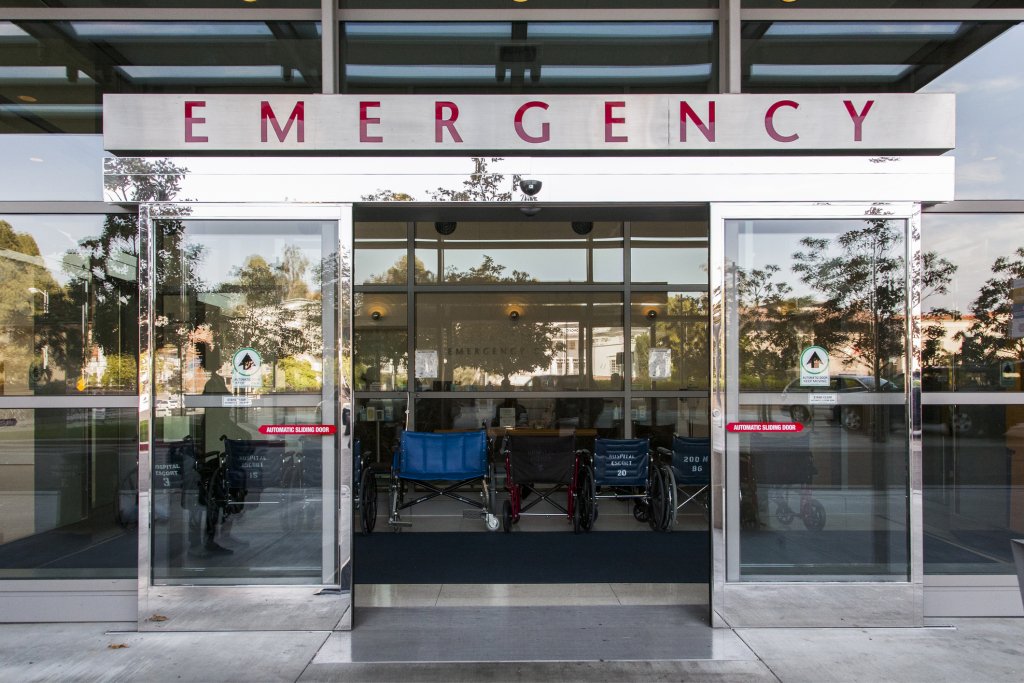
Nothing’s worse than spending time in the hospital…except when you get a high surprise medical bill at the end of your stay. Even with health insurance, millions of Americans can find themselves on the wrong end of a long list of healthcare costs for surgeries or even basic preventative care procedures each time they visit their doctor.
Understanding healthcare costs can be confusing. It’s often difficult to know what’s covered and what isn’t under your insurance policy. On top of that, if you’re unable to pay your bill on time, your debt could eventually be sold from your healthcare provider to a collection agency which will then work to recover the money through persistent calls, letters, emails, and other means.
But you don’t have to resign yourself to endless bills, requests for repayment, or hits to your credit score. In fact, you can deal with surprise medical expenses in a few ways — let’s break them down now.

In an industry as complex as healthcare, mistakes are bound to happen. Sometimes the people responsible for compiling your bill make mistakes, whether it’s through using an incorrect code for your healthcare claim or filing the wrong information with your healthcare provider.
Either way, double-check that your insurance claim information is accurate if you get a staggeringly high surprise medical bill. Check specifically that:
A phone call or email can usually straighten out any minor inconsistencies or inaccuracies in no time. Be quick about this since the faster you correct any problems, the less likely you are to get phone calls from collection agencies.
If you suspect that some part of your medical bill is inaccurate — for example, maybe you’re being overcharged for one or more procedures or products — ask your healthcare provider for an itemized list of billable charges.
In some cases insurance providers make huge errors, like charging for the same procedure twice, charging for services that were never rendered, and more.
When you get your itemized bill from your insurance provider, you might find that it has been adjusted, likely because the person compiling the itemized bill noted the errors and removed them automatically.
Our advice? Go through your itemized bill with a fine-toothed comb yourself, checking for inaccuracies, and contacting your insurance provider’s billing department if you find any mistakes.
If your medical expenses haven’t yet hit — for instance, maybe you know that you have an expensive surgery coming up that isn’t covered under your current health plan — you can be proactive by shopping around for different medical coverage or cheaper network rates.
This won’t necessarily get you out of the woods, of course. Some health insurers have higher than average price tags or higher deductibles in exchange for covering pricey procedures like surgery. But this might be a good option if you know for sure that you won’t be able to cover an upcoming medical bill, even with alternative strategies.

A personal phone call to your hospital may be your best option. The people working at your hospital are humans too, and if you explain that you won’t be able to pay your entire medical bill upfront, you might be able to negotiate a payment plan with the hospital’s billing office.
Ask for a zero-interest payment plan which will allow you to pay down your medical debt progressively without interest that would add more debt to the total over time.
Personal loans take the pressure of medical debt off your shoulders. Lenders like Regional Finance can provide personal and debt consolidation loans to cover the cost of one or many medical bills.
Unlike full medical bills that are due upon delivery, an affordable fixed-rate personal loan will have one monthly payment. With a fixed-rate personal loan, you can pay your medical bill, then gradually pay down the loan without having to worry about fluctuating interest rates. Even the biggest medical expenses can be tackled over time through manageable financing options like this.
Don’t give up if your medical bill seems too expensive to pay. There are always ways to find support paying for surprise medical bills, whether it’s through correcting billing mistakes, paying in cash, or applying for a personal loan to handle the immediate financial burden.
The information and materials provided on this website are intended for informational purposes only and should not be treated as an offer or solicitation of credit or any other product or service of Regional Finance or any other company. This website may contain links to websites controlled or offered by third parties. We have not reviewed all of the third-party sites linked to this website and are not responsible for the content, products, privacy policy, security, or practices of any linked third-party website. The inclusion of any third-party link does not imply any endorsement by Regional Finance of the linked third party, its website, or its product or services. Use of any third-party website is at your own risk.
References accessed on May 10, 2021:
CNBC – RX for a painful medical bill: Don’t pay it… just yet.
US News and World – What to Know About Hospital Financial Assistance Policies
Cleveland Clinic – Zero Interest Payment Options
Centura Health – Billing & Financial Services
You can prequalify for your personal loan online in just minutes by clicking prequalify now. Or, if you prefer, call or stop by your local branch to get the process started. Our loan specialists can answer any questions you may have such as what a personal loan is, understanding personal loan interest rates, and how to qualify for a personal loan. We’ll help you fill out an application for the type of loan that fits your needs.